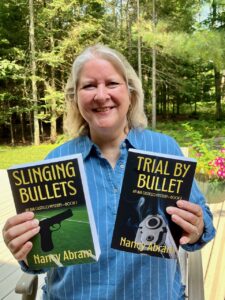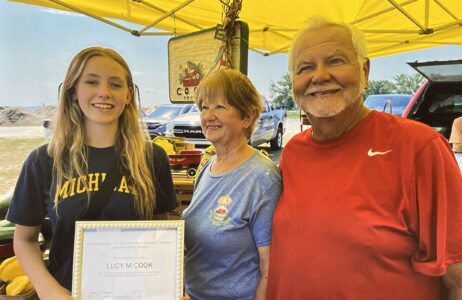Friendship is a two-way street
friend /’frend/: 1) a person who you like and enjoy being with; 2) a person who helps or supports someone or something
My early life was not riddled with friends. Outside of the neighborhood, I didn’t travel in a specific posse. I certainly didn’t have a tribe. I could bounce in and out of many cliques and was friendly with everyone I met. I liked other people. I enjoyed slipping in and out of many different cliques. I simply didn’t possess enough comfort in my own skin to develop real friendships.
This was never considered a problem in my mind. School was great fun. I enjoyed the learning and the structure. This does not, however, include fifth hour swim class in which we were required to use the school-issued black tank swimsuits. It might not have been so revolting if it was a first hour class, when the suits were fresh and dry. But by fifth hour, the swimming attire was wet, cold, and already worn by four other students. But I digress.
As children we appear to seamlessly float between friendships. In adulthood, lasting friendships demand intention, time and effort. If you’re an introvert like me and want friends, you must step out of your comfort zone, at least in small ways. Adult friendships need regular maintenance. Strong friendships require an investment of time on behalf of both parties. Together you cultivate trust, honesty, open communication, and compromise. None of this occurs without being vulnerable to being hurt, betrayed, or teased. When it works, though, it is one of the truest gifts humans can experience.
My sister taught me about adult friendship. Though, I wouldn’t say we were close growing up. There was love, certainly. Though, as the baby of the family, I was not sought after. She was four years older. We didn’t share school buildings, we developmentally enjoyed different activities, and I was pretty much a stereotypical little sister. That said, I always knew she had my back; she was my champion. However, the real friendship didn’t begin until adulthood. Oddly enough, it took root after we were geographically removed from one another.
At some point during our adulthood, my sister and I made the conscious decision that we each wanted more out of our relationship. Throughout our now decades-long friendship we’ve established important rules. Many of those rules still exist today.
One of the very first things my sister taught me is the need for a confidant; the need for a safe space. Without trust and honesty, there is no authenticity. We have enough sources in the world telling us falsehoods in order for us to like them. Real friendship requires genuineness. Foundations should never be built on the shifting sands of deceit and insincere compliments.
She also taught me the power of sharing and listening. There are two kinds of listening, and both must be done without judgment.
The first is active, attentive listening. This is where we learn the most about one another; we see each other clearly. If you are not fully present when a friend is sharing and only half-hearing them, you are trampling on your would-be friend’s vulnerability.
The second type of listening is what I call “receiving the vent.” This was one of the first types of listening we employed, honestly. Venting, to us, is safely spewing all the ickiness that is building up and blocking the way for all the goodness in our lives. Mostly the situations being vented are insignificant or unchangeable. They get under our skin, but we are essentially not in control of affecting change. This feeling of helplessness needs to be exercised and sweated out. Doing so with another party who won’t speak of it to another is so much more cathartic than yelling at a blank wall. But, venting must be announced at the top of the conversation to avoid hurt feelings and unwanted solutions being offered.
Respect and forgiveness are the last two attributes of our friendship. Our boundaries and needs are different. Part of learning about one another involves honoring their values and views, even when they conflict with your own. Inevitably, we’ll stumble and make a mess of a situation. Own it. Talk about it. Forgive. If the offending party doesn’t realize the misstep, let them know gently and with forgiveness.
If you are fortunate to have true friends, be sure to tend to the relationship. Let them know how much you value them in your life. Cultivate what you’ve planted. Please don’t waste it. Friendship is precious. These relationships can be full of joy, love, laughter, and healthy, bonding tears. Being vulnerable can yield great benefits.
Dort is a board-certified patient advocate who helps others navigate their health care. Reach Lesslee via email lesslee@friendstogethermi.org. Read her here the third Thursday of each month.




